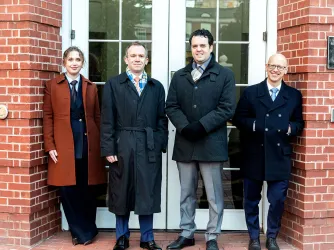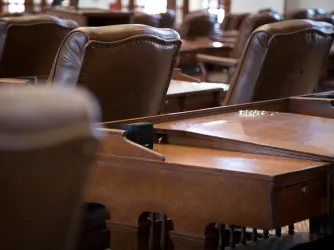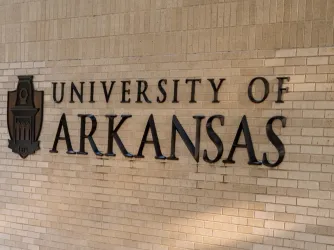Table of Contents
UW-Madison Must Remain Faithful to Speech-Protective Language of Anti-Bullying Policy

Last November, the University of Wisconsin-Madison (UWM) Faculty Senate approved a new policy targeting hostile behavior in the workplace—but not, thankfully, targeting constitutionally protected speech.
As UWM professor (and FIRE friend) Donald Downs noted on Minding the Campus yesterday, the Senate’s first draft of the “Hostile and/or Intimidating Behavior” policy threatened protected speech, listing broad examples of potential violations without distinguishing between protected expression and punishable behavior. Thankfully, due to the input of FIRE and other free speech advocates, the finalized policy prohibits hostile or intimidating behavior only when it interferes with a colleague’s ability to do his or her job. The policy states:
Unwelcome behavior pervasive or severe enough that a reasonable person would find it hostile and/or intimidating and that does not further the University’s academic or operational interests is unacceptable to the extent that it makes the conditions for work inhospitable and impairs another person’s ability to carry out his/her responsibilities to the university.
Even better, lest there be any confusion as to the policy’s purpose and the limits of its enforcement, the following language appears in bold following a list of potential examples of prohibited behavior:
These standards are to be construed within the context of the University’s historical and enduring commitment to academic freedom, freedom of expression, and the conception of the University as a place that must encourage and foster the free exchange of ideas, beliefs, and opinions, however unpopular. In no case shall a sanction be imposed in response to a complaint solely about the contents of a faculty member’s beliefs, views, or opinions taken in the abstract. The policy is not intended to constitute a general civility code addressing ordinary stresses of the workplace, such as occasionally insensitive language or behavior. Nor is it intended to constrain commonly accepted workplace management practices. Nor is it intended to constrain the freedom of faculty to speak out about troubling matters, criticize the administration or university policies, take part in political protest, or to promote and participate in labor unions. Rather, it is intended to address patterns of hostility or intimidation that impede persons from carrying out their duties to the University, ensuring that all, regardless of rank or status, may pursue their work and speak as they see fit.
FIRE commends the UWM Faculty Senate for enacting this policy with such a clear clarifying statement in favor of free expression.
In yesterday’s article, however, Professor Downs relays concerns from faculty that the university might nevertheless take action against professors for protected speech, despite the evident meaning of the provisions quoted above. While FIRE certainly hopes UWM applies its policy properly, we agree with Downs’s assessment:
We know that measures governing speech and behavior often have two faces: the policies’ wording and the intent behind that wording; and how such policies are applied in the real world. These two faces can certainly be in conflict, as the experience with speech codes amply demonstrates.
The policy, Downs says, “must not turn into a ‘civility’ policy that limits free speech. Whatever happens, those with legitimate concerns must be vigilant.” Indeed, freedom of speech at colleges and universities requires that students and faculty stay aware not just of written policies but of what’s happening on campus, so that if a speaker is punished or censored for protected expression, he can move swiftly to assert his rights.
Recent Articles
Get the latest free speech news and analysis from FIRE.

VICTORY: Jury finds Tennessee high school student’s suspension for sharing memes violated the First Amendment

FIRE statement on calls to ban X in EU, UK

Another year, another session of AI overregulation
